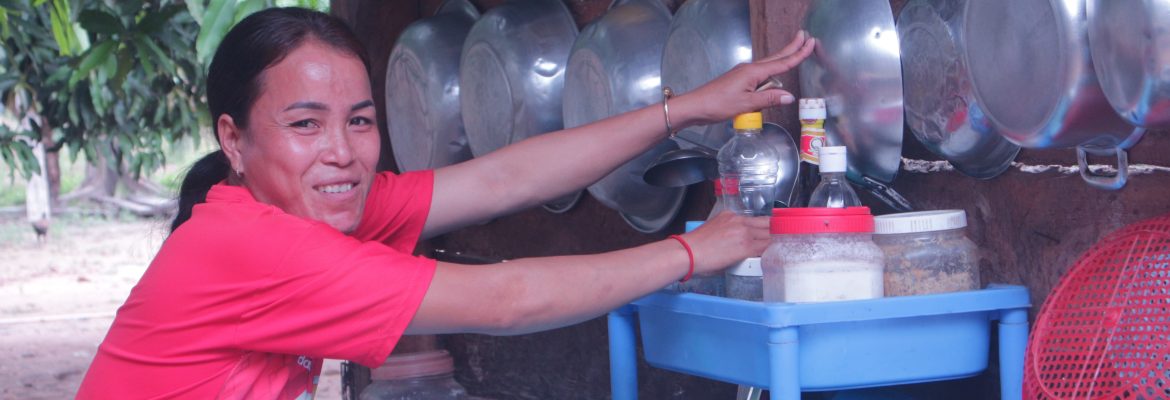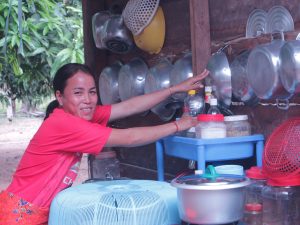Preloader Close
Y
O
G
S
T
H
E
M
E


